Colorado Supreme Court Removes Trump from 2024 Ballot
On that day, many people who supported Trump broke into the U.S. Capitol, causing chaos.
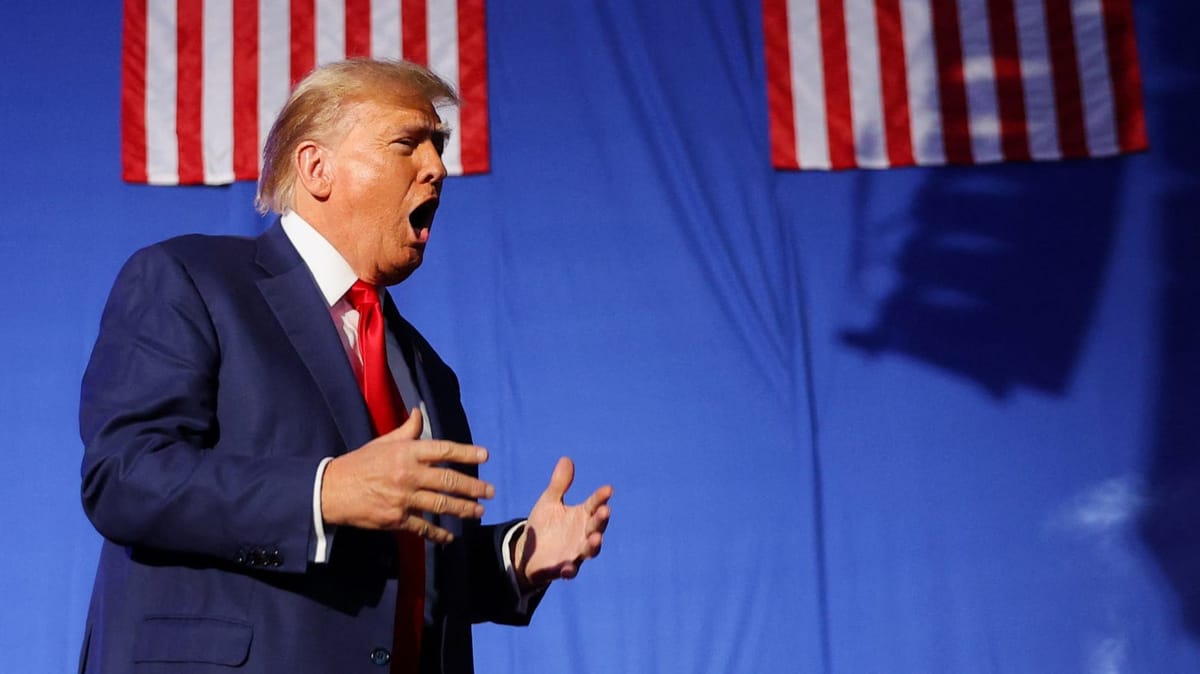
Introduction
In a historic and unprecedented move, the Colorado Supreme Court, composed entirely of justices appointed by Democratic governors, has ruled that former President Donald Trump is ineligible for the 2024 presidential ballot under the 14th Amendment's "insurrectionist ban." This decision marks the first time in history that Section 3 of the 14th Amendment has been used to disqualify a presidential candidate, setting the stage for a potential showdown in the U.S. Supreme Court. The court's 4-3 decision, issued on December 19, has stirred controversy, with Trump's campaign vowing to appeal the ruling and alleging an attack on democracy.
The Background
The decision to keep Donald Trump off Colorado's 2024 ballot is like a big puzzle piece in the story of what happened on January 6, 2021. On that day, many people who supported Trump broke into the U.S. Capitol, causing chaos. Even though Trump was impeached twice by the House of Representatives for encouraging this behavior, the Senate didn't say he couldn't run for office again. Now, in Colorado, a group of voters and a watchdog group called Citizens for Responsibility and Ethics in Washington went to court. They used a part of the 14th Amendment, a law from a long time ago, to say that because of what happened on January 6, Trump shouldn't be allowed on the ballot for the 2024 election. This legal fight is a bit like a game with important rules, and it's part of a bigger story where different people are arguing about what the rules really mean, especially when it comes to who can run for president.
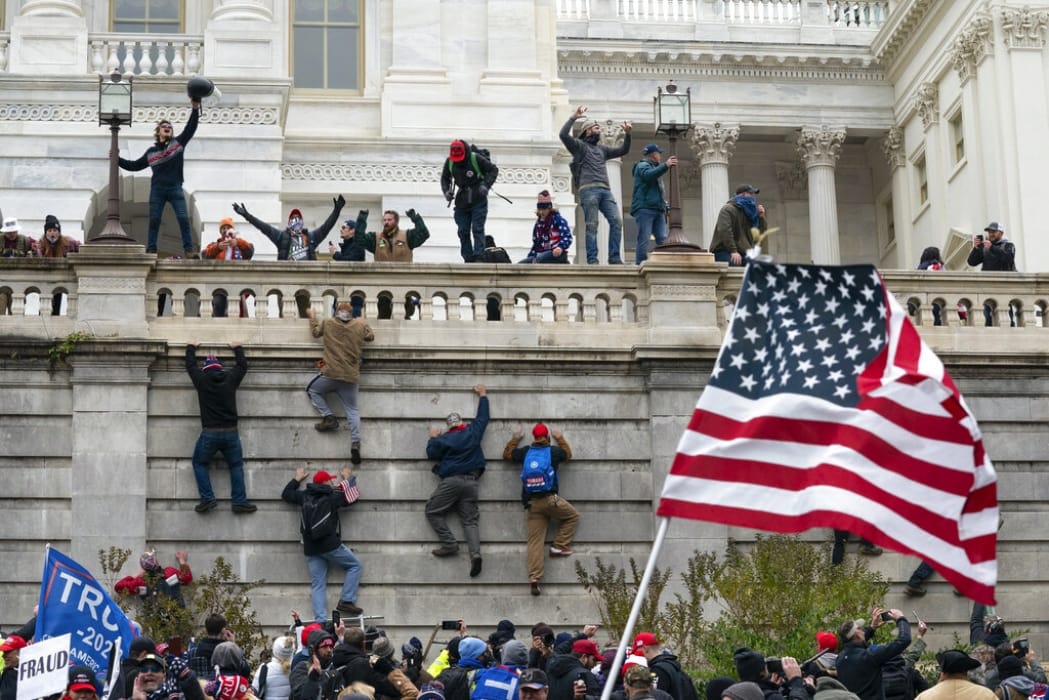
This legal battle in Colorado is not the only one like it. In other states, too, there are groups trying to use this old law to stop Trump from running again. The 14th Amendment was made a long time ago after the Civil War, and it talks about how people who try to go against the government should be stopped from holding certain jobs. The big question now is whether this rule from the past should be used to keep Trump off the ballot. It's like a big question mark in American politics, and whatever the judges decide in Colorado could change how people understand the rules for elections in the future.
The Colorado Supreme Court's Decision
The majority opinion, delivered in an unsigned statement, asserted that Trump's actions leading up to and during the January 6, 2021, attack on the U.S. Capitol amounted to insurrection. The court emphasized that it did not reach this conclusion lightly and acknowledged the weight of the questions before them. The ruling contends that Trump's direct and explicit efforts to encourage his supporters to march on the Capitol, coupled with his continued support during the attack, constituted overt and voluntary participation in the insurrection.
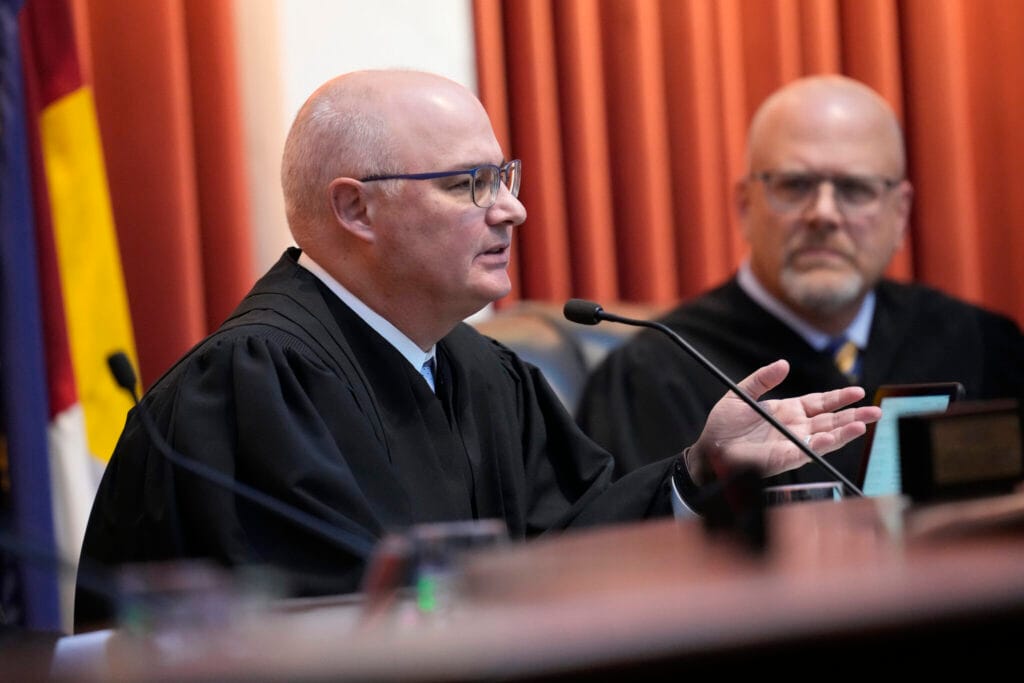
The court rejected Trump's free speech claims, stating that his speech on January 6 was not protected by the First Amendment. It further concluded that the evidence showed Trump's intent to aid the effort to overturn the election certification and prevent the peaceful transfer of power.
Controversies and Dissent
Notably, Chief Justice Brian Boatright and Justices Carlos A. Samour Jr. and Maria E. Berkenkotter disagreed from the majority decision. They raised concerns about the procedural aspects of the eligibility challenge and questioned whether Colorado's election procedures were appropriate for such weighty constitutional questions. Justice Samour went so far as to describe the proceedings as a "procedural Frankenstein" and argued that only Congress could authorize the enforcement of Section 3's disqualification provision.
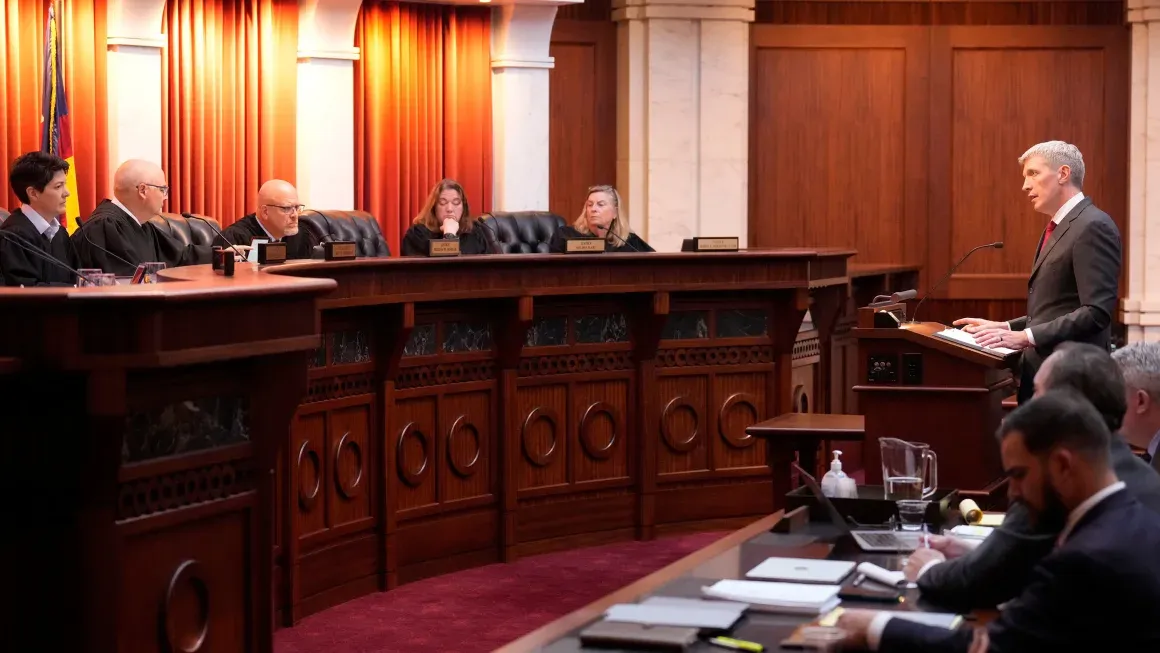
The dissenting justices expressed skepticism about using state election procedures to decide on a former president's disqualification due to insurrection and emphasized the importance of procedural due process before declaring someone disqualified from holding public office.
Implications and Potential Showdown
The Colorado Supreme Court's decision has significant implications for the 2024 presidential election, even though Trump lost Colorado by 13 percentage points in 2020. The danger for Trump lies in the possibility that other states may follow Colorado's lead, excluding him from must-win states. The ruling has ignited debates about the appropriate use of the 14th Amendment's insurrection clause, with some arguing that it could set a precedent for future cases.
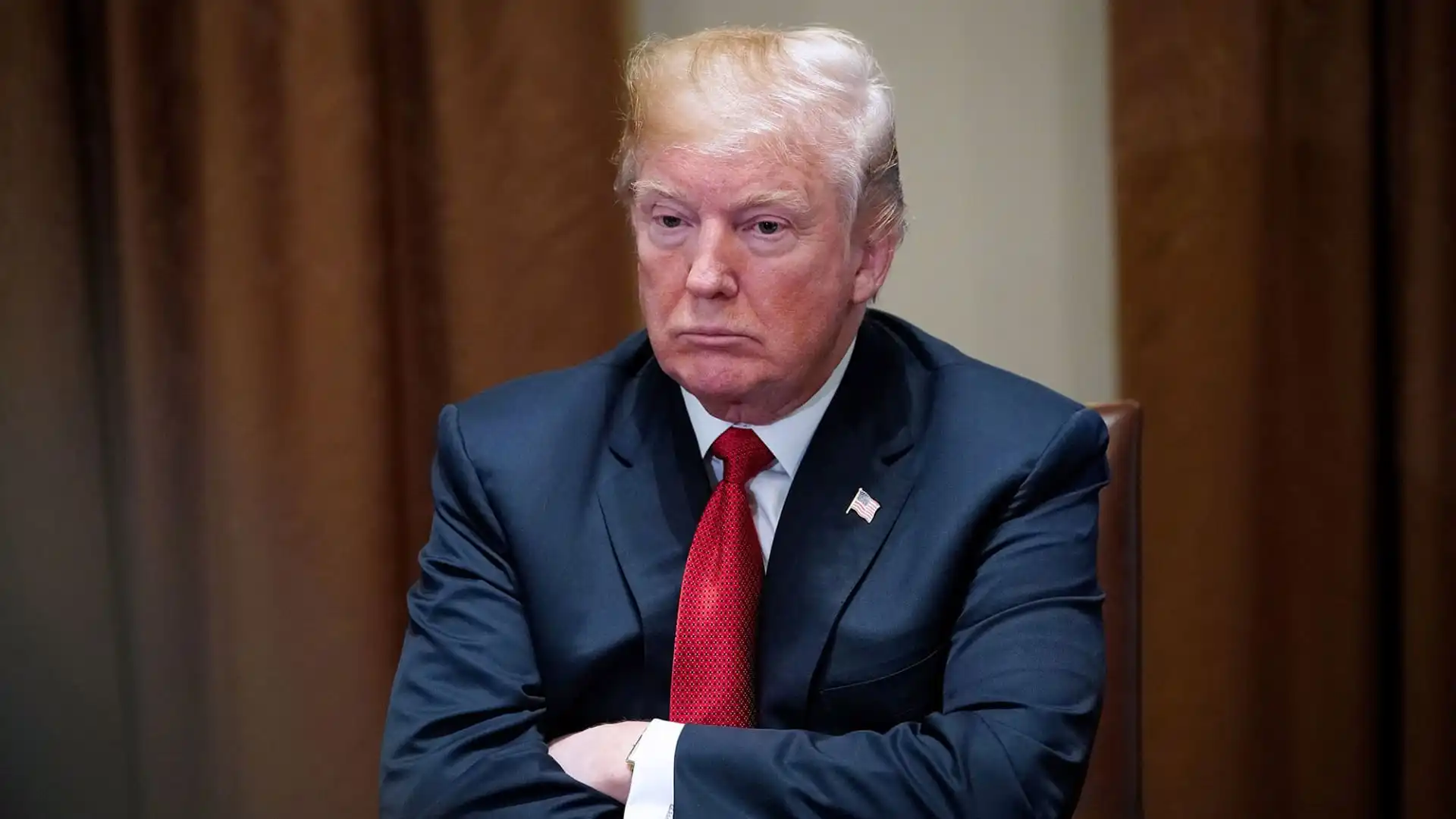
Trump's legal team has promptly vowed to appeal the decision to the U.S. Supreme Court, which will have the final say on this constitutional matter. The appeal process and the subsequent Supreme Court ruling will likely be closely watched, as they may shape the legal landscape around the eligibility of individuals under the 14th Amendment.
Comparisons with Other Cases
The Colorado case stands out as the first successful application of Section 3 of the 14th Amendment to disqualify a presidential candidate. Other lawsuits filed across the nation under the same section have faced dismissals or are still pending. The decision contrasts with a recent appeal in Michigan, where Trump prevailed, and underscores the complexity and differing interpretations of constitutional provisions across states.
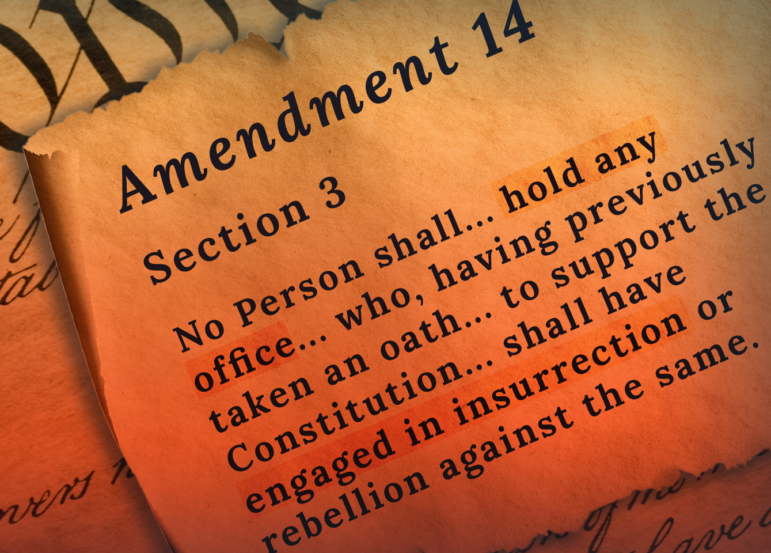
The Colorado ruling diverges from the Minnesota Supreme Court's decision, which dismissed a Section 3 lawsuit but left open the possibility for the plaintiffs to try again during the general election. In Michigan, a judge ruled that Congress, not the judiciary, should decide whether Trump can stay on the ballot, and that decision is currently being appealed.
Political Reactions and Campaign Ramifications
The decision has triggered strong reactions from both sides of the political spectrum. House Speaker Mike Johnson criticized the ruling as "reckless," labeling it a partisan attack. Trump's allies have condemned the decision as "un-American" and "insane," framing it as an effort to undermine his candidacy.
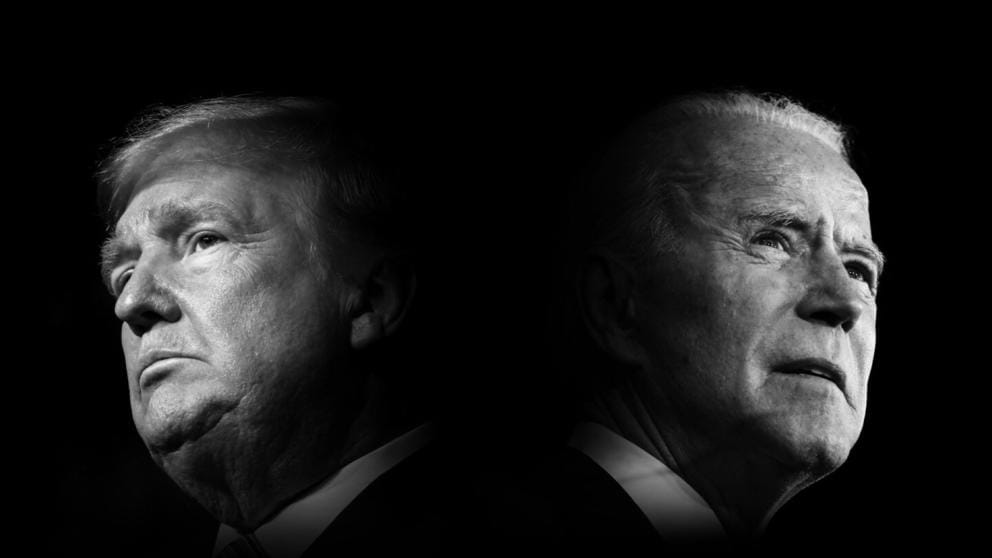
On the campaign front, the ruling has the potential to shape the dynamics of the 2024 presidential race. While Trump lost Colorado in 2020, the exclusion from the ballot in other critical states could pose a significant threat to his candidacy. The Republican National Committee (RNC) has labeled the decision as "election interference" and pledged legal support to fight against the ruling.
Conclusion
The Colorado Supreme Court's decision to disqualify Donald Trump from the 2024 presidential ballot under the 14th Amendment's insurrection clause has opened a new chapter in the ongoing legal battles surrounding the former president's eligibility. As the case heads to the U.S. Supreme Court, the nation awaits a landmark ruling that will not only impact Trump's political future but may also set important precedents for the interpretation and application of constitutional provisions in electoral contexts. The controversy surrounding this case underscores the complexities of balancing constitutional principles, legal procedures, and the political implications of high-stakes decisions.





